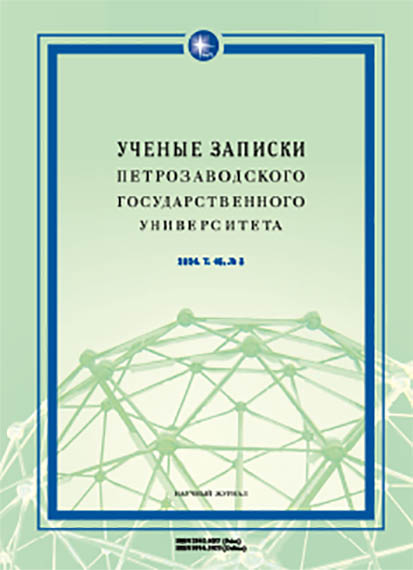БИЛИНГВАЛЬНОЕ ЭТИМОЛОГИЧЕСКОЕ ГНЕЗДО
В ЛИНГВИСТИЧЕСКОМ И ЛИНГВОДИДАКТИЧЕСКОМ АСПЕКТАХ
BILINGUAL ETYMOLOGICAL NEST IN THE LINGUISTIC AND LINGUODIDACTIC ASPECTS
Author(s): Elena Mihailovna MarkovaSubject(s): Language and Literature Studies, Theoretical Linguistics
Published by: Петрозаводский государственный университет
Keywords: etymological nest; bilingual aspect; Slavic languages; Russian as a foreign language;
Summary/Abstract: This article explores an etymological nest combining lexemes derived from a common etymon, and assesses the linguodidactic potential of such grouping for studying a closely related language. Through the analysis of the Russian and Czech languages, the nature of this vocabulary cluster, the factors contributing to semantic changes within its lexical components, and its role in teaching Russian to foreign Slavic learners are examined. The timeliness of this study is underscored by the importance of investigating the systematization of the Russian lexicon to ensure its optimal presentation to non-native speakers. The research novelty lies in evaluating the potential of the etymological nest comprising lexemes from both the native and studied languages for teaching Russian as a foreign language. The author concludes that such lexical grouping, alongside thematic, lexical-semantic, synonymic, homonymic, and antonymic groupings, carries linguistic as well as pedagogical, methodological, and motivational value. It not only aids in reinforcing long-term vocabulary retention and enhancing understanding of the language system, but also fosters a deeper engagement with language learning, an appreciation of Slavic commonalities, and a sense of linguistic and cultural kinship among Slavic peoples
Journal: Ученые записки Петрозаводского государственного университета
- Issue Year: 46/2024
- Issue No: 3
- Page Range: 76-82
- Page Count: 7
- Language: Russian

